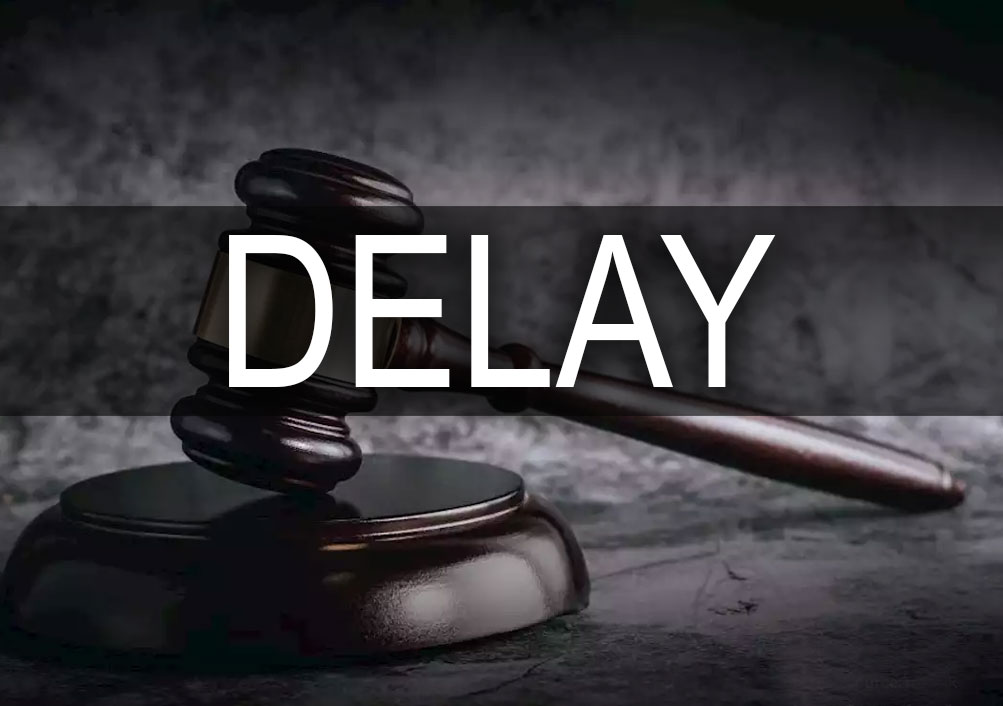In LPA-1000-2018 (O&M)-PUNJ HC- P&H HC dismisses plea saying benefit of interest as claimed by appellant untenable as HC approached 12 years after cause of action arose Justices G.S. Sandhawalia & Vikas Suri[22-03-2022]

Read Order: Aruna Sharma v. State of Punjab & Others
Monika Rahar
New Delhi, April 1, 2022: While dealing with a case wherein the petitioner filed a writ petition for claiming interest on delayed payment of arrears of proficiency step-up 12 years after his retirement, the Punjab and Haryana High Court has held that the petitioner is “a fence-sitter who slept over his rights”.
“The benefit of interest as claimed by the appellant who slept over his rights, had been totally indolent, is untenable”, held Justices G. S. Sandhawalia And Vikas Suri. The bench also held that the law is settled that dead issues cannot be allowed to be raked up time and again.
The Court was dealing with the Present letters patent appeal directed against the order of the Single Judge in a Writ Petition denying the benefit of interest on the delayed payment of arrears of proficiency step-up, to the appellant-writ petitioner.
In this case, the petitioner took his retirement in the year 2003 and two years later, in 2005 he served a legal notice upon the respondents asking for the benefit of interest onthe delayed payment of arrears of proficiency step-up. Thereafter, after being indolent for about 10 years, the petitioner filed a writ petition in 2015 seeking the same relief. This Writ led to the issuance of directions to the respondent to decide the legal notice within a period of four months.
While filing the 2015 Writ Petition, the petitioner placed heavy reliance on Varinder Pal Vs. State of Punjab & Others, CWP-6135-2003 (P&H HC) whereby the benefits of proficiency step up after completion of 24/32 years of service under the Assured Career Progression Scheme with all consequential benefits had been granted to the petitioner in that case.
Primarily, the appellant’s counsel relied upon the judgment of the Full Bench in A. S. Randhawa, Supdg. Engineer (Retd.) Vs. State of Punjab to submit that on account of delay the petitioner was entitled to the benefit of interest and thus the Single Judge was not correct in denying the said benefit. Further, while placing reliance on A.S.Randhawa (supra) itself, the counsel contended that the provisions of CPC would not be strictly applicable to the proceedings in the Writ Court. It was further contended that the payment was made only in the year 2016 after directions were issued by the High Court and thus the appellant was entitled to the benefit of interest.
After considering the case advanced by the Petitioner’s counsel, the Court was of the considered opinion that the claim of interest on delayed payment at the cost of the State was totally unjustifiable.
Distinguishing the present case from the case of Varinder Pal (Supra), the Court opined that in Varinder Pal, the petitioner (therein) was well aware of his rights and approached the Court in 2003 immediately after his retirement in 2000, while the present petitioner, the Court held, was a fence sitter who slept over his and rights served the legal notice after a period of 2 years, and then only directions were issued and the amount was disbursed in the year 2016, in compliance of the orders of the Single Judge.
The benefit of interest as claimed by the appellant who slept over his rights had been totally indolent, is untenable, held the Court.
The Court also added that the Apex Court has time and again held that that the filing of representations would not revive the cause of action.
In this respect, the Court adjudged,
“Resultantly, the law is settled that dead issues cannot be allowed to be raked up time and again.”
Coming to the factual situation of the case, the Court noted that the benefits though were granted on directions issued in the earlier litigation filed by the writ petitioner but on account of his conduct, the claim for interest from the time the appellant retired in 2003 was not made but the litigation was thereafter initiated in 2015 and merely seeking the benefits granted to similarly situated person would not entitle him for the said claim.
Sign up for our weekly newsletter to stay up to date on our product, events featured blog, special offer and all of the exciting things that take place here at Legitquest.




Add a Comment